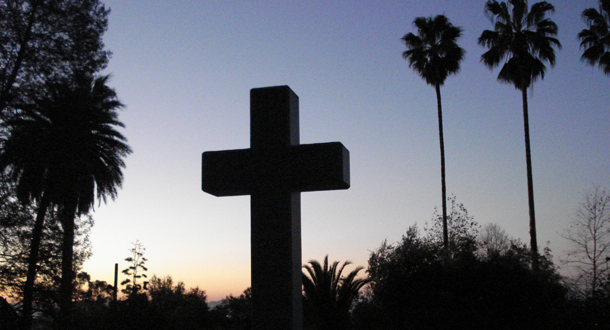 Scripture:
Scripture:
Job 42:1-3, 5-6, 12-17
Luke 10:17-24
Reflection:
In Luke’s Gospel, Jesus demands a lot from his followers. Stripped from our wealth, privilege, and personal relationships he wants us totally dependent on God.
Prior to this passage Jesus sends six dozen followers, as sheep among wolves, to spread out, without a wallet, suitcase or even sandals, with his message of the new reign of God.
In this section they return thrilled with witnessing evil defeated.
In their excited conversation Jesus tells them what he too has experienced: “I have observed Satan fall like lightning from the sky.”
Wow!
I wonder how often I am stunned at the power of God over evil.
In these days of chaos in families, communities and nations, Satan seems in charge. The opioid crisis leaves orphans in its wake. Racism and gun violence rip neighborhoods and hearts asunder. The nuclear arms race, terrorism, famine, trade wars and extreme nationalism raise serious tensions around our globe. And in our Church the scandal of sexual abuse of minors is enough to unleash primitive anger from the depths of each of our souls.
In this swirl of evil, where Satan seems to have the upper hand and the pillars of our lives appear to crack and crumble, where is our faith?
Jesus tells us to get ourselves out there into the mess. Announce the reign of God. Be totally dependent on Him. Confront evil in all its forms. Have enough faith to act, even when you are afraid and unsure of yourself.
This conversation happens on Jesus determined trip to Jerusalem, where he will stand up to the powers of the Roman Empire and the Temple. He is fearless. He is totally dependent on his Father to compete the mission.
It is our mission too. He did it and he expects us to do it too. With faith just as strong as his.
“Turning to his disciples in private he said: ‘Blessed are the eyes that see what you see. For I say to you, many prophets and kings desire to see what you see, but did not see it, and to hear what you hear, but did not hear it.’”
That is strong assurance for a wobbly disciple like me. I pray to be stunned by the power of God just like that six dozen of long ago.
Jim Wayne is a board member of the Passionists Justice, Peace and Integrity of Creation (JPIC) Office, state legislator, and author of The Unfinished Man. He lives in Louisville, Kentucky.

 Scripture:
Scripture:
 Scripture:
Scripture:
 Memorial of Saint Thérèse of the Child Jesus
Memorial of Saint Thérèse of the Child Jesus Scripture:
Scripture: